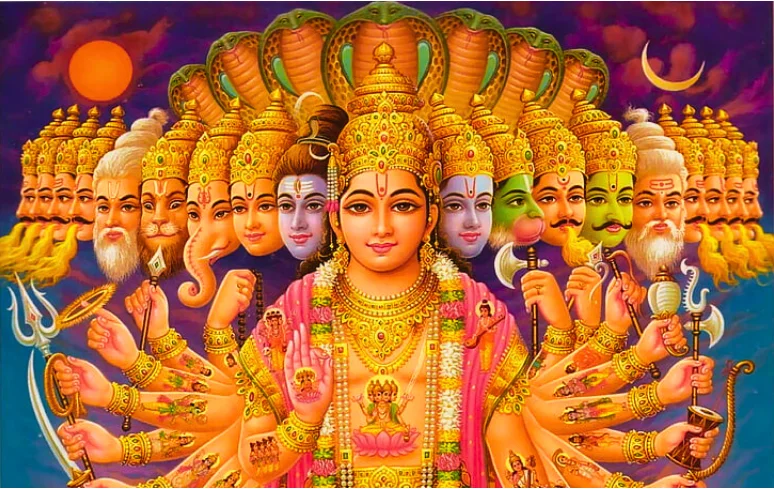Introduction:
Throughout human history, societies have revered and worshipped mighty deities, attributing to them the creation of the universe, control over nature, and the mysteries of life. These deities, each with unique characteristics and stories, played crucial roles in shaping the beliefs and cultures of civilizations worldwide. In this blog, we dig into the pantheon of strong divine beings, enveloping different religions and folklores, to investigate the heavenly powers that have caught the creative mind and dedication of millions.
Top 10 Powerful Gods in the World:
1. Shiva – The Destroyer and Transformer:
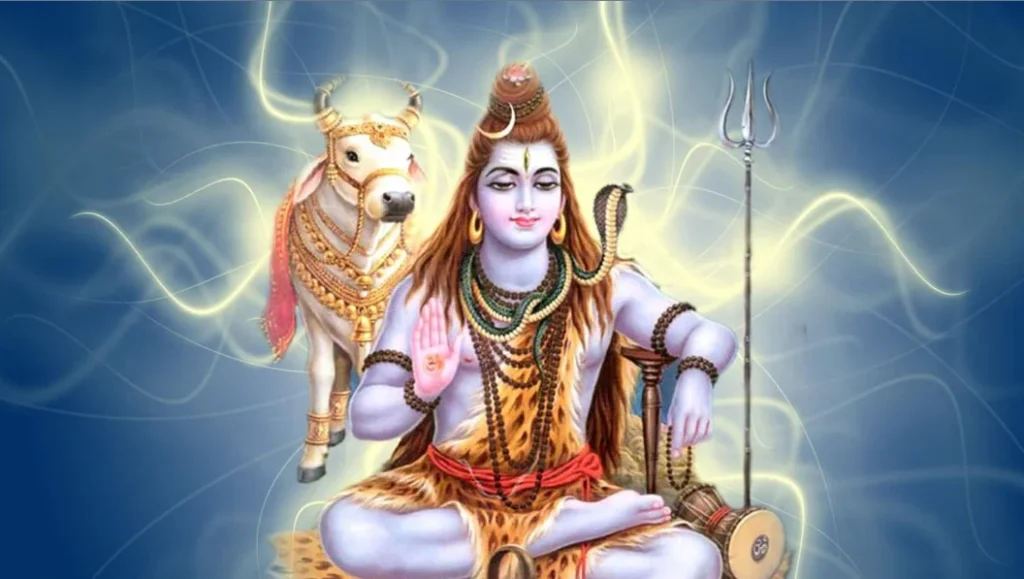
In Hinduism, Ruler Shiva remains as one of the important gods of the Blessed Trinity, close by Brahma the Maker and Vishnu the Preserver. Shiva is often portrayed as the destroyer and transformer, responsible for the dissolution of the universe to pave the way for its renewal. Enhanced with a third eye and a bow moon on his head, Shiva encapsulates both horrendous and kind perspectives, representing the recurrent idea of creation and obliteration.
2. Ganesha – The Remover of Hindrances:
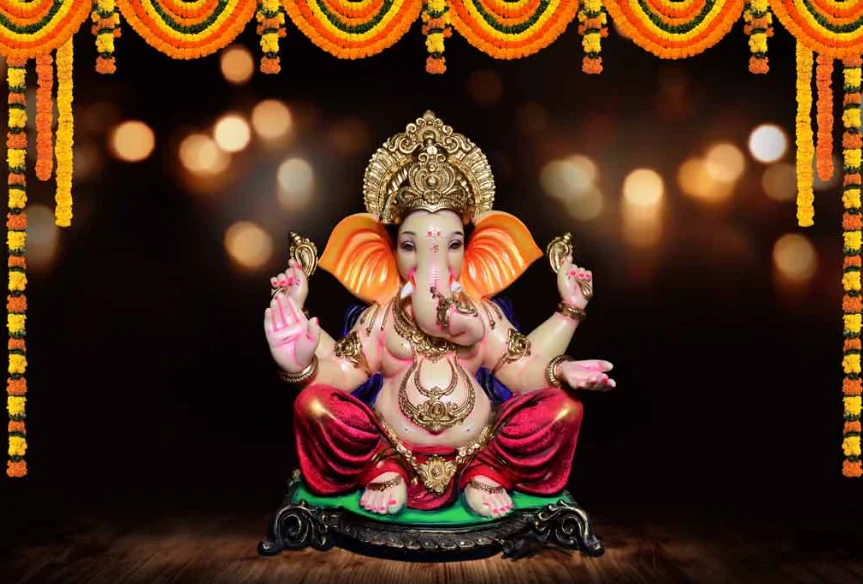
Loved across many cultures and localities, Ganesha comes in as one of the most prominent deities in the religion of Hinduism. With an elephant head and a pot belly, Ganesha is greatly adored as the deity who removes obstacles on one’s way and imparts wisdom and intellect. Followers seek his benevolence doing new ventures establishing him as an esteemed figure in Hindu homes and rituals.
3. Vishnu – The Preserver:
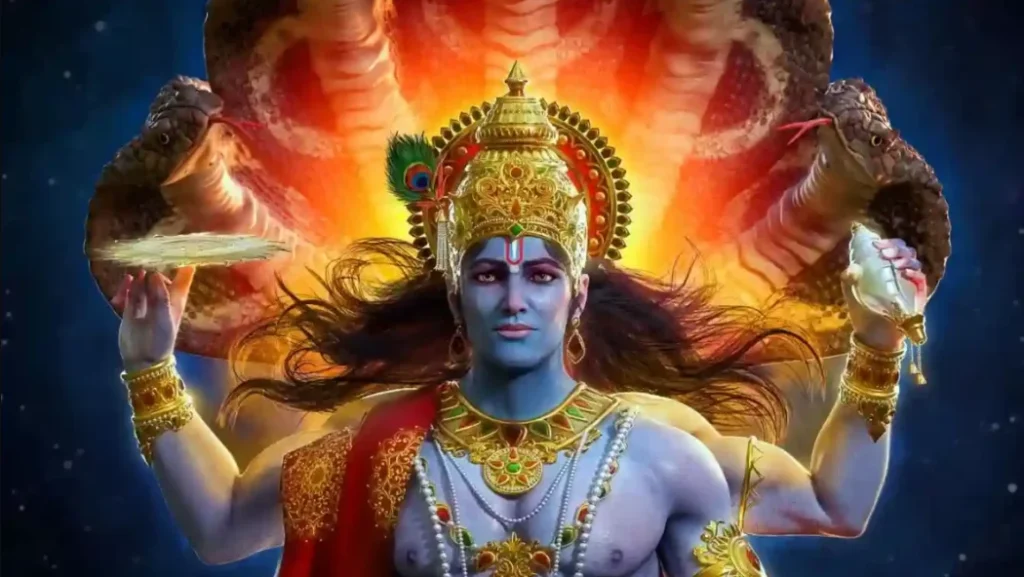
One more key god in Hinduism, Master Vishnu accepts the job of the preserver of the universe. Frequently portrayed with blue skin and four arms, Vishnu is accepted to manifest in different structures (symbols) to reestablish grandiose request at whatever point it is compromised. The worship of Vishnu emphasizes the concept of dharma, or virtuous living, as a means to maintain balance and harmony in the world.
4. Jesus Christ – The Deliverer and Savior:
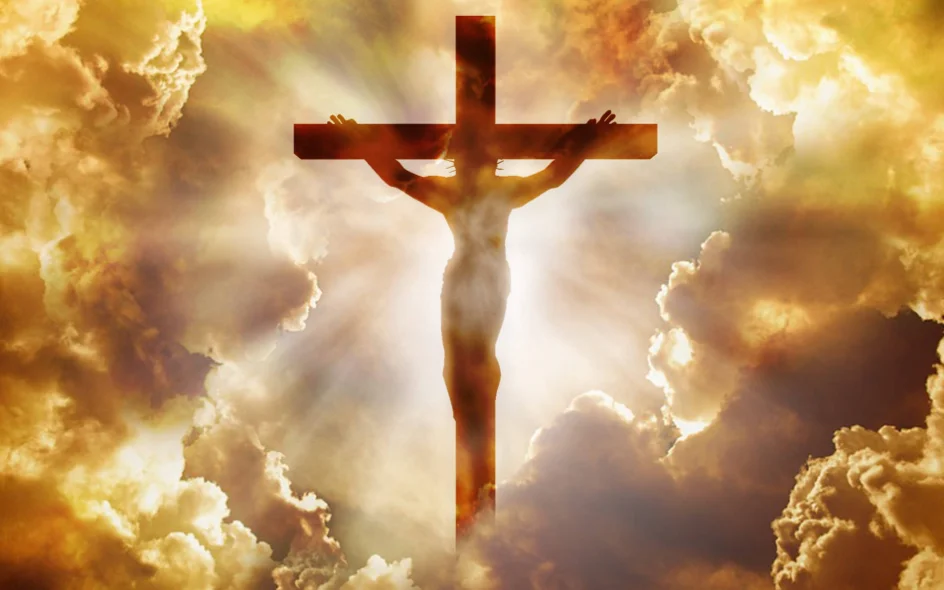
Christianity reveres Jesus Christ as the focal figure, the Child of God, and the friend in need of humankind. His teachings, as preserved in the Holy Bible, emphasize love, forgiveness, and salvation. The torturous killing and revival of Jesus are major fundamentals of Christianity, representing recovery and the commitment of everlasting life for adherents.
5. Allah – The Unrivaled God:

In Islam, Allah is the supreme and unique god, as revealed in the Quran. Islam underscores monotheism, dismissing any type of worshipful admiration. Allah is considered to be empathetic, forgiving, and just, with devotees trying to adjust their lives to the lessons of the Prophet Muhammad for of satisfying and venerating the one genuine God.
6. Goddess Durga – The Powerful Mother:
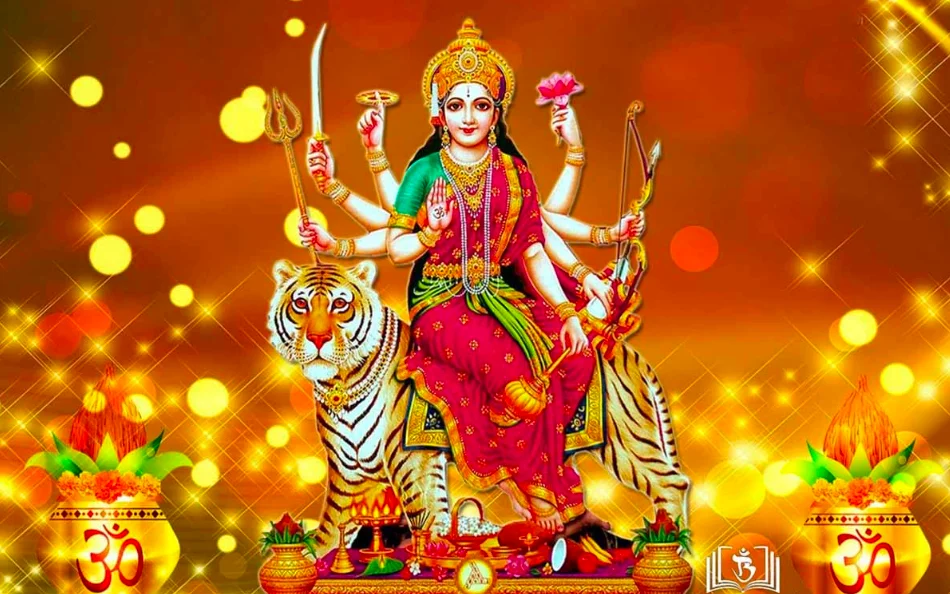
In Hinduism, Goddess Durga is loved as a strong and fierce god, frequently portrayed riding a lion and using different weapons. She is celebrated during the festival of Durga Puja, symbolizing the triumph of good over evil. Enthusiasts look for her endowments for strength, boldness, and security from malignant powers.
7. Odin – The Allfather:
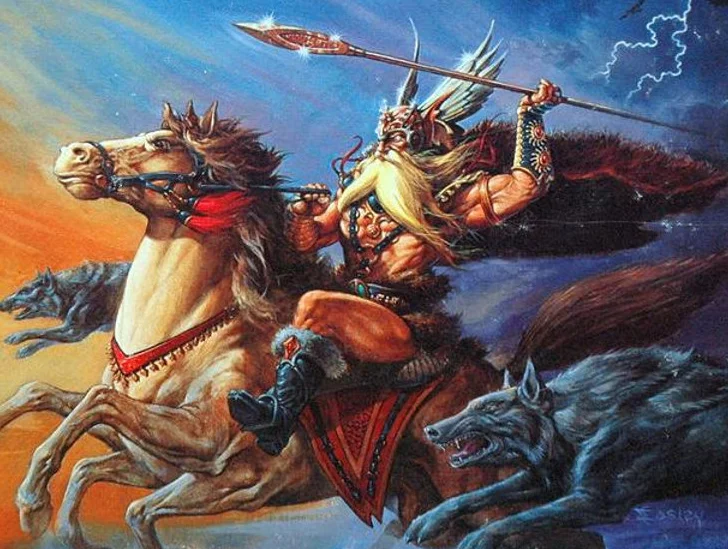
Norse folklore presents Odin as the central god, known as the Allfather. Odin is related with shrewdness, verse, and war. As the leader of Asgard, he manages a pantheon of divine beings and goddesses, including his children Thor and Balder. Odin’s pursuit of knowledge and sacrifice for wisdom are central themes in Norse mythology.
8. Brahma – The Maker:
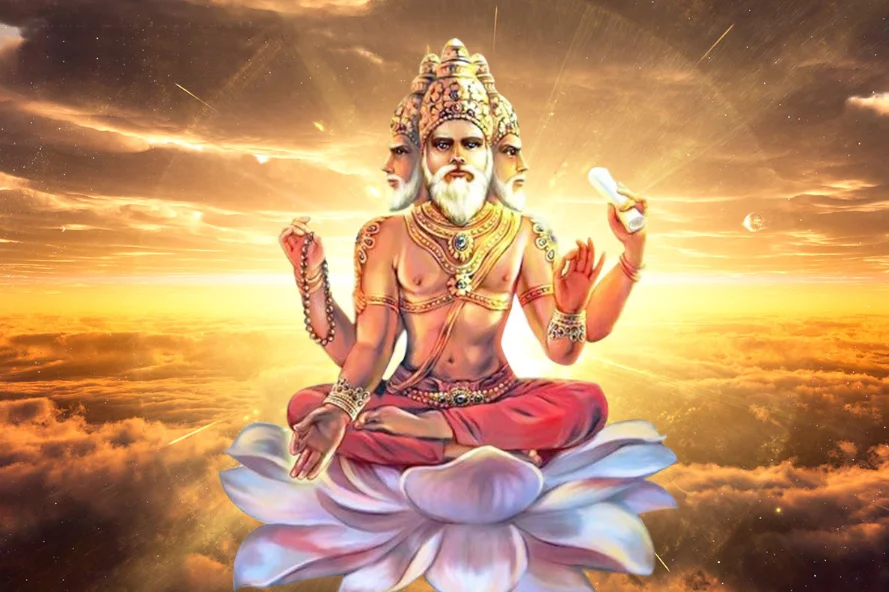
In Hinduism, Brahma is considered the creator of the universe, responsible for the unfolding of cosmic order. However less conspicuously venerated than other Hindu gods, Brahma is a crucial piece of the Heavenly Trinity. Brahma is frequently portrayed with four heads, each confronting a cardinal bearing, representing his widely inclusive information.
9. Thor – The Divine force of Thunder:
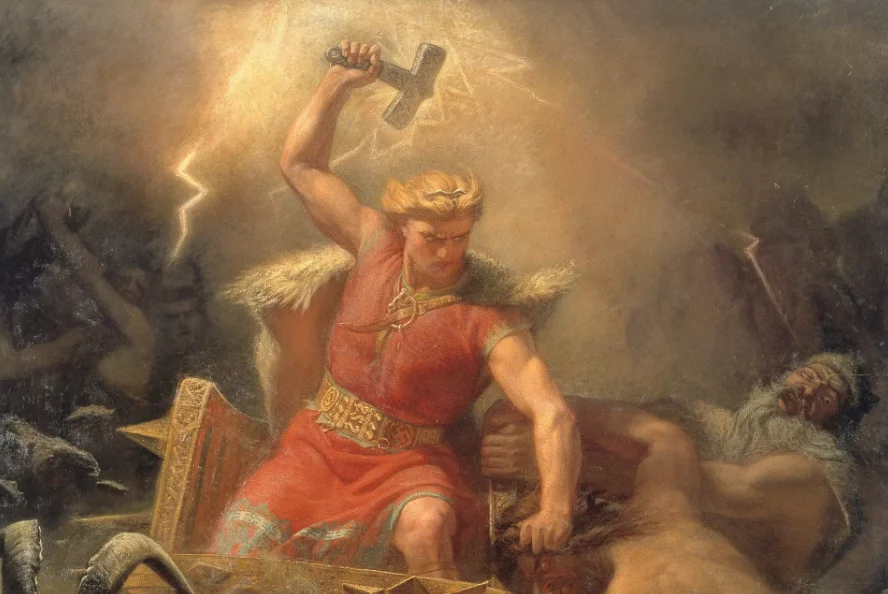
Norse folklore presents Thor as the lord of thunder, employing his strong mallet, Mjolnir. Loved as a defender of the two divine beings and people, Thor is an image of solidarity and boldness. The mythology surrounding Thor has inspired various adaptations in popular culture, contributing to his enduring legacy.
10. Athena – The Goddess of Intelligence:
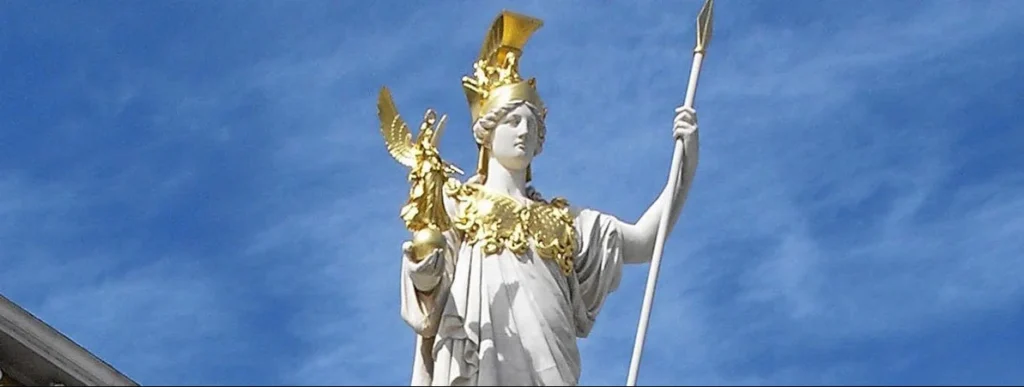
In Greek folklore, Athena is the goddess of astuteness, fighting, and key preparation. Conceived completely developed and shielded from the top of her dad Zeus, Athena is an image of keenness and key ability. She is frequently depicted with an owl, an image of shrewdness, and is a critical figure in the pantheon of Greek divine beings.
End:
The diversity of cultures and belief systems around the world has resulted in a myriad of mighty deities, each embodying unique characteristics and playing distinct roles in the cosmic order. Whether adored for their imaginative, additive, or extraordinary traits, these divine beings keep on molding the profound scene of mankind, offering direction, insurance, and motivation to incalculable fans. While the details of their stories may vary, the universal themes of love, wisdom, and justice bind these mighty deities together, transcending cultural and religious boundaries.
